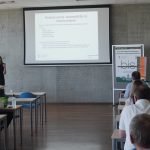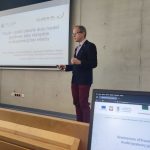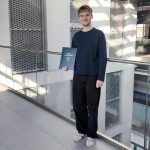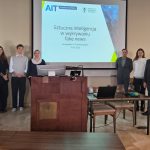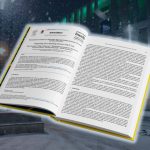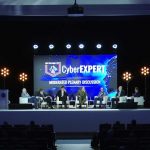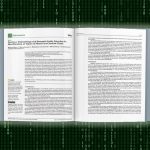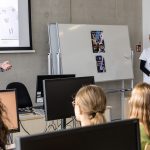
During Researchers’ Night 2025, the staff of the Department of Information Systems conducted workshops titled “Operation InfoVerification” that were presented in the engaging form of a field game. The event introduced participants to the process of verifying information and identifying fake news. The workshops combined elements of adventure, investigation, and logic-based challenges, immersing participants in the fascinating world of fact-checking.
